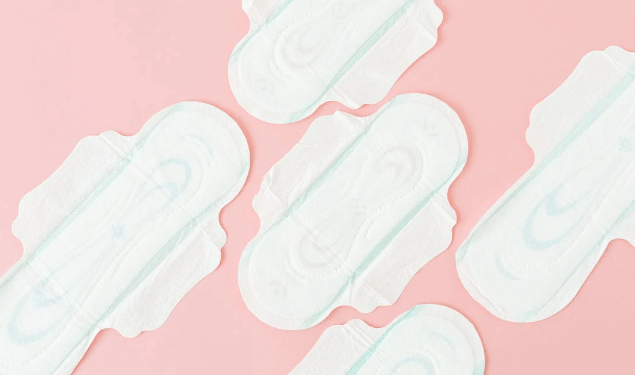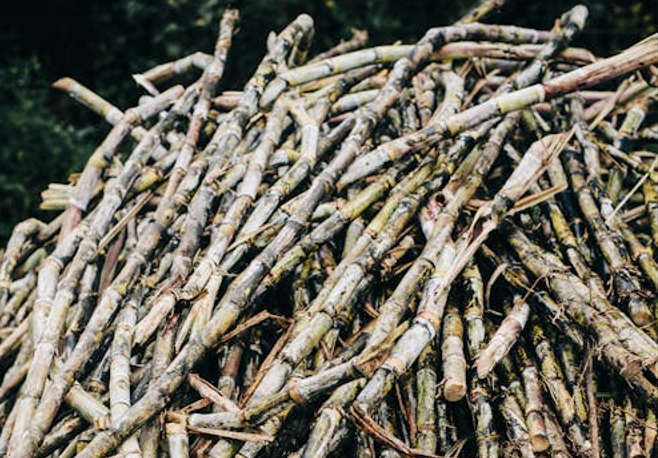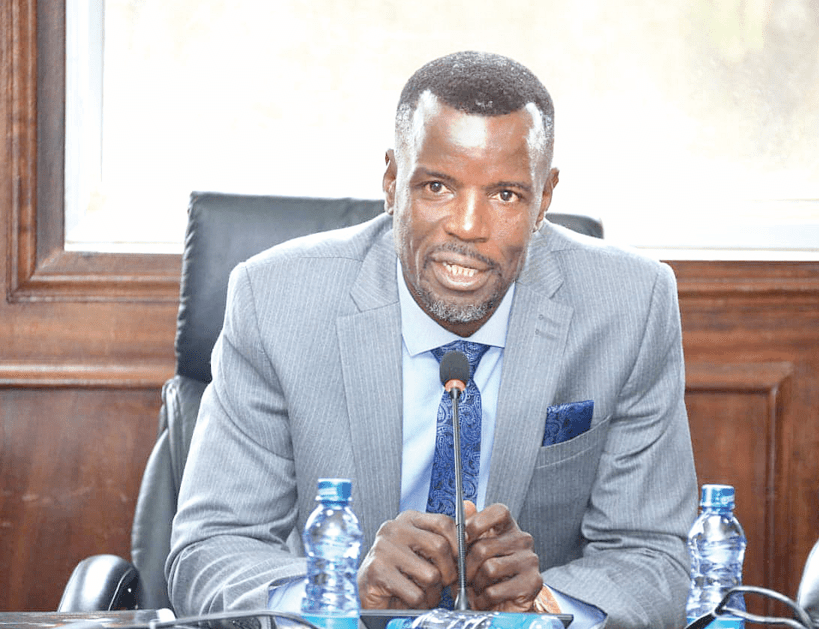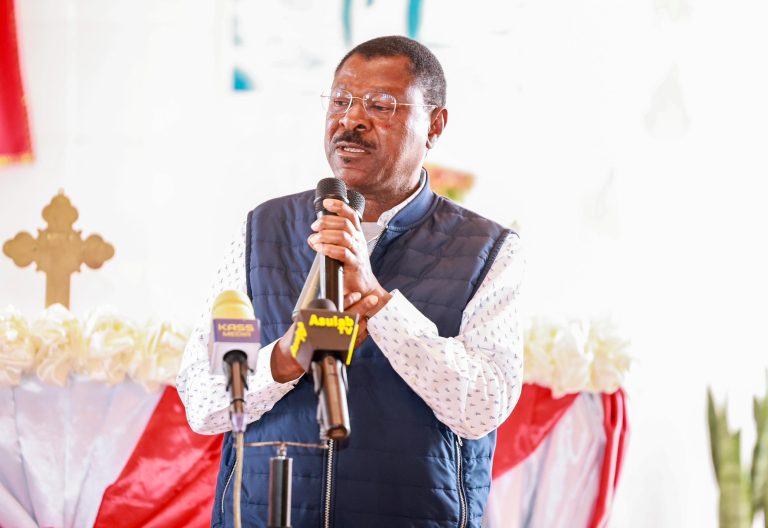Fighting period poverty with reusable pads in rural Kisii areas

The lack of access to affordable sanitary products is a major challenge for many girls in rural Kenyan villages. Research shows that 65 per cent of women and girls in Kenya are unable to afford sanitary pads. This forces girls to use unsafe alternatives, such as rags, mattress stuffing, or even engage in transactional sex to obtain money for pads.
The Ministry of Education reports that school-going girls miss class an average of four days every month, and the United Nations estimates that 20 million girls drop out of school every year due to a lack of menstrual items.
This results in significant educational stumbling blocks and hinders their academic and economic empowerment, as well as increased health risks.
While some initiatives led by government and private organisations have helped distribute free sanitary pads, especially in schools, which has improved school attendance and hygiene for girls, the implementation of these programmes have often been inconsistent, with supplies sometimes running out or being stolen. Sustaining support for the 2.6 million girls in need remains a pervasive challenge.
At a time when the country is grappling with economic hardships, many girls continue to suffer in the shame of period poverty. This proves the urgency of enacting a holistic approach, tailored towards offering a lasting solution to make menses comfortable for girls and women. One solution may be to embrace reusable sanitary towels as research shows that they can last up to five years, proving their durability to period poverty.
Additionally, access to pads alone is not enough, girls also need education on menstrual health and access to proper sanitation facilities at school.
To help girls manage their menstruation safely and with dignity, students in Nyamuya Primary in Nyacheki, Kisii County recently received reusable cloth pads brought to them by Ideal Life Vision, an organisation that provides affordable, sustainable menstrual products and trains girls and women across Africa. The drive aims to improve hygiene and confidence in young girls, allowing them to participate in school activities during their periods.
Desperate choices
“When girls use unsafe, unhygienic materials during their period, they are at risk of infections, rashes, and even reproductive tract infections,” said Dr Thomas Oirere, Kisii County Public Health Officer during the donation drive. “This can cause long-term damage to their health,” he added.
He said period poverty forces girls to make desperate choices that put their health and safety at risk, adding that providing access to affordable, hygienic menstrual products is critical for girls’ well-being.
He said many girls, especially in impoverished areas, resort to using unsafe alternatives, such as newspapers during their menstrual cycles, which can lead to serious health issues including infections. “As a result, their physical health, but also their education and social lives, as many girls miss school during their periods, falling behind academically,” he continued.
Oirere noted that reusable pads are a sustainable, cost-effective solution to this problem as they can be washed and used multiple times, making them an economical choice for girls and their families. However, the success of reusable pads depends on combining their distribution with comprehensive education about menstrual hygiene. “They also need to understand the biology of menstruation and feel empowered to manage it with confidence,” he added.
For girls, such as 16-year-old Lovelynn Moraa, the simple act of managing her monthly period used to be a source of shame, fear, and missed school days. Like most girls in her village in Rural Kisii, Auma lacked access to affordable disposable pads. She resorted to using old rags, mattress stuffing, or even going without protection, risking leaks and infections.
“I would stay home from school when I had my period because I was afraid the boys would tease me or I would stain my uniform,” Moraa says. “I felt dirty and embarrassed,” she adds.
Affordable alternative
But then her life changed when she received a kit of reusable cloth pads from Ideal Life Vision. The pads, made from colourful, patterned cotton fabric, are designed to be washed and used again for up to four years. They provide a reliable, hygienic, and affordable alternative to disposables.
“Now I can go to school every day without worrying. The pads are comfortable and I feel clean. I don’t have to be ashamed,” Moraa says with a smile.
“We believe that every girl deserves to manage her period with dignity. Reusable pads are a practical, cost-effective solution that empowers girls to stay in school and reach their full potential,” says Ann Webb, the founder of Ideal Life Vision.
The non-profit organisation partners with schools, community groups, and other like minded non-governmental organisations to distribute pads and provide menstrual health education. The organisation has trained over 1,000 women as sales agents, generating income while increasing access to pads in rural areas.
“When girls have the tools and knowledge to manage their periods, it’s transformative. We’ve seen attendance and graduation rates go up, and girls becoming more engaged in school and their communities,” Webb says.
Larry George, a mentor with Ideal Life Vision, through interactive lessons and open discussions, teaches the girls about menstruation, breast development, and the emotional rollercoaster of adolescence. “So many girls in our community grow up without understanding their own bodies. They’re scared, they feel alone, and they miss school when they have their periods. I want to change that,” George says.
Yoga and journaling
By empowering the girls with knowledge, she hopes to give them the confidence to manage their periods with dignity and continue their education. She also emphasises the importance of self-care, teaching the girls techniques, such as yoga and journaling to cope with stress and anxiety.
“Puberty is a time of so much change, both physically and emotionally. But if girls have the right support and resources, they can navigate it and come out stronger on the other side,” she explains.
For Moraa’s mother, Dorothy Agati, seeing her daughter’s transformation has been life-changing. “Before, my daughter would hide when she had her period afraid that the boys would tease her,” Agati says.
For Agati, the impact of reusable pads goes beyond just her daughter. “When girls stay in school and pursue their dreams, it lifts up the whole community,” she says. “I want that for all the girls in our village. I want them to have the same opportunities as the boys,” she says.
With organisations, such as Ideal Life Vision providing pads and education, and parents, such as Agati supporting their daughters, more and more girls in rural Kenya will break the cycle of shame and period poverty.
“A pad is more than just a pad. It’s a tool for empowerment, for dignity, for a better future. And every girl deserves that,” Agati says in ending.











